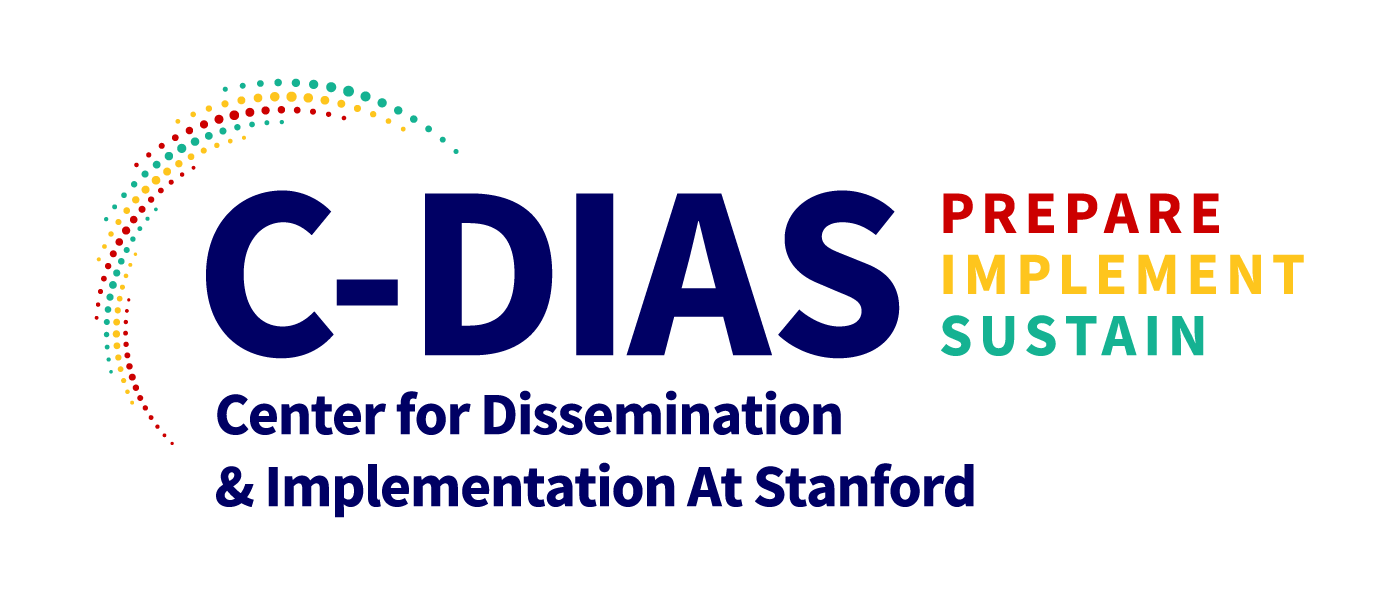Grand Rounds Presentations
Enhancing Data Driven Approaches to Recovery Monitoring via Measurement Based Care Co-Design and Implementation
Kelli Scott, PhD | February 25, 2025 : Measurement-based care (MBC) involves the systematic evaluation of client treatment progress and the use of progress data to inform treatment planning. Although MBC is an evidence-based practice that has been widely studied in behavioral health settings, there is a dearth of research exploring its potential to monitor…
Read MoreLessons Learned in the Development of De-Implementation Strategies to Address Mammography Overscreening Among Older.
Rachel Shelton, ScD, MPH and Nathalie Moise, MD, MS | February 11, 2025 : There is a need and opportunity to advance the science of de-implementation. Mammography screening among women 75 and older presents a robust area for inquiry related to de-implementation, as routine screening can lead to potential harms (e.g., overdiagnosis, overtreatment) while health benefits…
Read MoreThe Longitudinal Implementation Strategy Tracking System (LISTS): Lessons Learned from Applying the Method and New Online Tool
JD Smith, PhD and James Merle, PhD | February 18, 2025 : Documenting and tracking the dynamic changes to implementation strategies over time is crucial for advancing implementation science. Several methods for tracking strategies have been proposed recently, underscoring the importance of continued development of methods to accurately assess and monitor which strategies are used,…
Read MoreMethadone Patient Access to Collaborative Treatment (MPACT)
Beth Meyerson, MDiv, PhD | February 4, 2025 : Methadone Patient Access to Collaborative Treatment (MPACT) is an experimental, multimodal intervention for methadone clinic staff and funded by NIDA. This presentation will provide a brief overview of MPACT, discuss the planned hybrid trial (late fall 2025), the village that collaboratively developed MPACT and the importance…
Read MoreThe Buprenorphine Prescribing Support Program for Rural Primary Care
Berkeley Franz, PhD | January 28, 2025: Buprenorphine is a critical tool to prevent overdose and infectious disease transmission in people with opioid use disorder, but it is difficult to access in rural areas. A promising solution is to engage rural primary care professionals. But the willingness of primary care professionals to prescribe this medication presents…
Read MoreEstablishing Evidence Criteria to Evaluate and Identify Best Practice Implementation Strategies in HIV
Ginger McKay, PhD | January 21, 2025 : Given the progress of implementation research to address the HIV epidemic in the US, criteria specifically for evaluating the quality of implementation research and strategy effectiveness are needed to recommend strategies likely to have impact for practitioners. We will describe the development and application of the Best…
Read MoreRevisiting Concepts of Evidence in Implementation Science
Ross Brownson, PhD | January 14, 2025 : Evidence, in multiple forms, is a foundation of implementation research. For public health and clinical practice, evidence includes: Type 1 evidence on etiology and burden; Type 2 evidence on effectiveness of interventions; and Type 3: evidence on dissemination and implementation within context. Because current concepts of evidence…
Read MoreTransforming Health Systems to Address Addiction
Melissa Weimer, DO, MCR, FASAM | January 7, 2025: The talk will discuss the need to change health systems to address addiction and implementation strategies that promote change.
Read MoreCosting and Payment Tools in Addiction Research to Support Effective Dissemination of Economic Evidence
Kathryn McCollister, PhD | December 3, 2024 : Recent studies of the costs and economic impact of interventions for substance use disorder (SUD) have led to the development of costing tools and reimbursement calculators that support cost-effectiveness and cost-offset analyses and provide payers and other stakeholders with tailored products to assess budget impact and financial…
Read MoreUnderstanding the Impact of Discrimination on Substance Use Among Black Justice-Involved Youth: A NIDA K23 Study
Brittany Bryant, DSW, LCSW-CP/S | November 19, 202 : Substance use among Black justice-involved youth is a critical public health issue, often exacerbated by experiences of discrimination and systemic racism. This NIDA K23 study aims to investigate the complex relationship between discrimination and substance use within this vulnerable population. Through qualitative interviews, the study will…
Read More